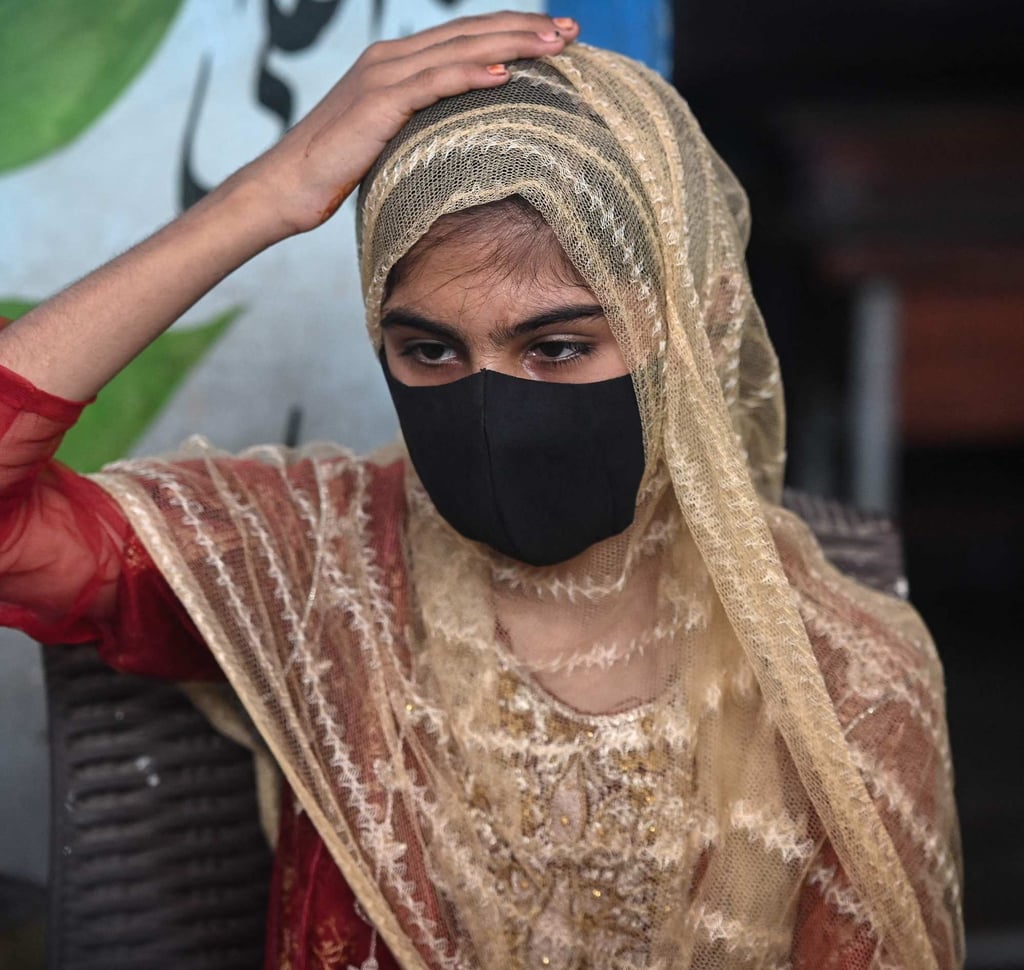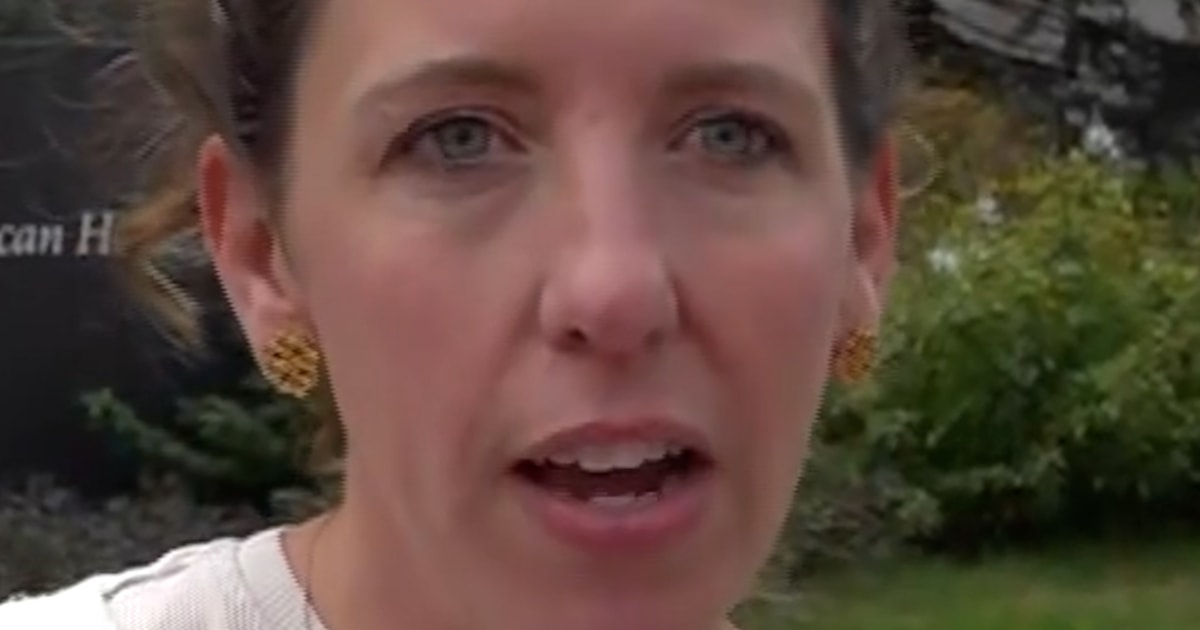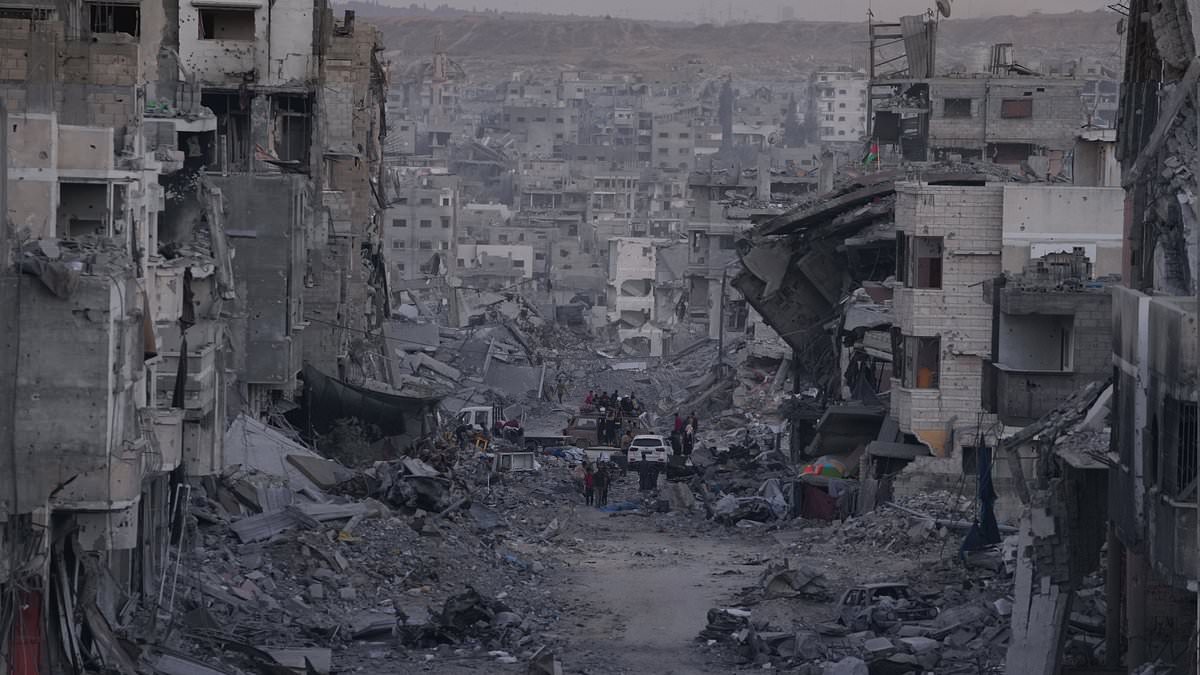PROTECT YOUR DNA WITH QUANTUM TECHNOLOGY
Orgo-Life the new way to the future Advertising by AdpathwayFrom the age of 10, Amina has been scrubbing, sweeping and cooking in a middle-class home in Pakistan’s megacity of Karachi.
Like millions of Pakistani children, she is a household helper, an illegal but common practice that brings grief to families often too poor to seek justice.
“Alongside my mother, I cut vegetables, wash dishes, sweep the floor and mop. I hate working for this family,” said the 13-year-old, who leaves her slum neighbourhood in Karachi at 7am and often returns after dark.
“Sometimes we work on Sundays even though it’s supposed to be our only day off, and that’s really unfair.”
One in four households in a country of 255 million people employs a child as a domestic worker, mostly girls aged 10 to 14, according to a 2022 report by the International Labour Organization.

Sania, 13, earns US$15 a month helping her mother maintain a sprawling luxury home in the city, where she has been explicitly forbidden to speak to her employer’s children or touch their toys.















-is-launched-from-the-guided-missile-cruiser-USS-Cap.jpeg?trim=0,0,0,0&width=1200&height=800&crop=1200:800)








 English (US) ·
English (US) ·  French (CA) ·
French (CA) ·  French (FR) ·
French (FR) ·